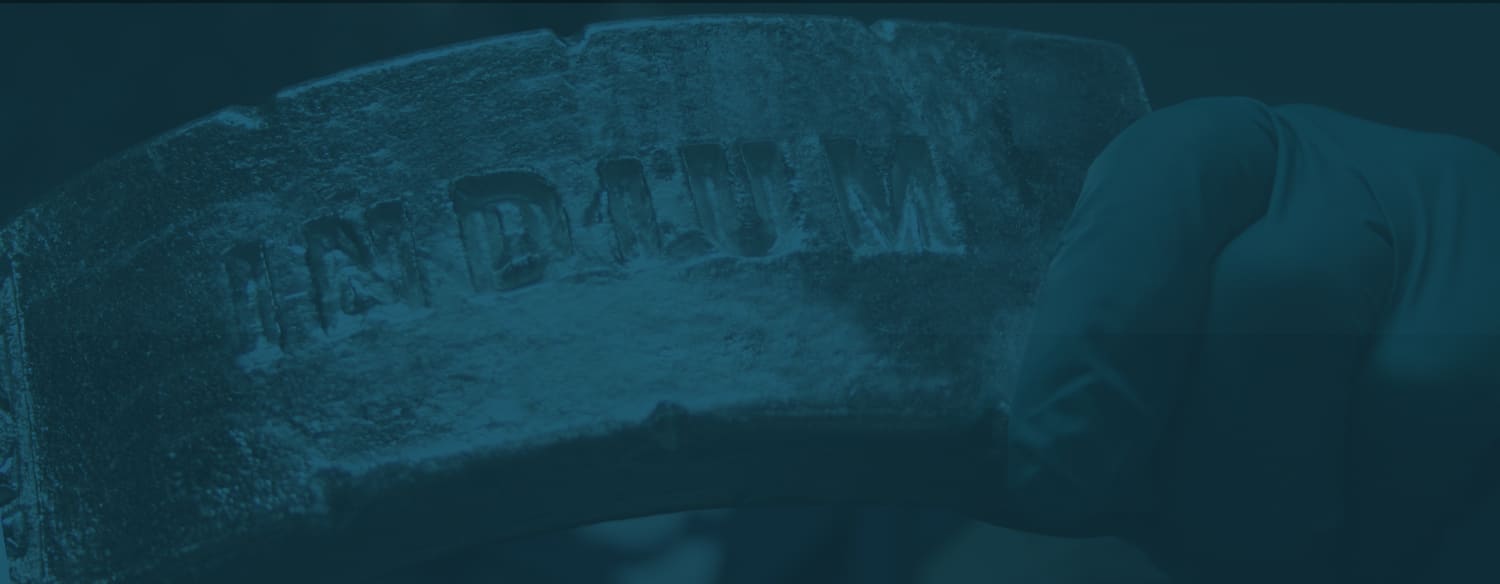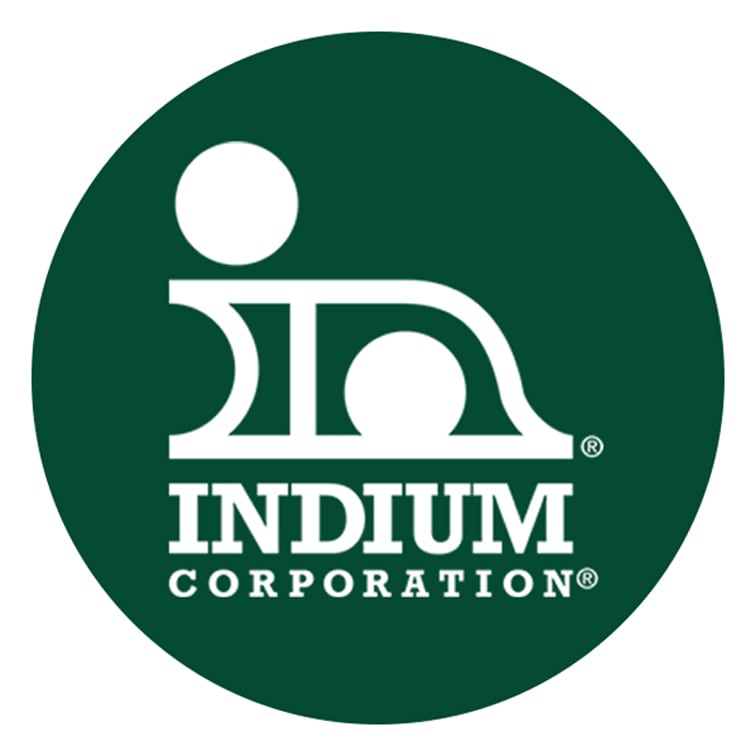George writes:
Our questions are about ROHS exemption annex 4.
With regard to lead in solders for "servers, storage and storage array systems
(exemption granted until 2010)." We would like to know further descriptions of
servers:
The scale: small, medium, or large
The storage type: are hard disks, thumb drive, etc
included?
The storage array system: the scope of the definition
With regard to:
"lead in solders for network infrastructure equipment for switching,
signaling, transmission as well as network management for
telecommunication,"
We like to know the coverage of infrastructure equipment? Are all
network infrastructure equipment included?
We all know that the RoHS annex is vague. Is there anyway that we
can get useful answers?
Dear George,
Remembering that my educated opinion is still only an opinion, here it is.
I think we must start by considering the intent of WEEE/RoHS. These laws were passed because the growth rate of electronic waste is much greater than any other kind of waste and the EU countries have few places to put this waste. With this understanding, one would expect exemptions to be very rare in general and non-existent for disposable or portable devices. So for "servers and storage devices" the intent of the exemption is likely for large units that are not readily portable. Clearly "thumb drives" or anything connected to personal computing is not exempt. The type of large storage devices that the US company EMC2 makes would be what I feel would be exempt; not the extra hard drive I have for data back up for my laptop.
Regarding "network infrastructure equipment" my sense is that the same perspective applies. Only large, non-portable equipment will be exempted.
A recent survey of the ELF (European Lead Free) group, suggests that these manufacturers feel that 50% of their products will be exempt. I think that this estimate is way off. More like 5% exemption should be the number. WEEE/RoHS would be useless with 50% exemptions. I think the EU will "tighten" the exemptions in the future as producers make too liberal interpretations of them. The end result will no doubt hurt those that are too frivolous in their interpretation. It is likely that competitors will report those that try to take this "easy road."
It is also crucial to remember that being exempted for lead, does not mean that a product is exempted from CrVI, Hg, Cd, and the banded flame retardents.
Best Wishes,
Dr. Ron


